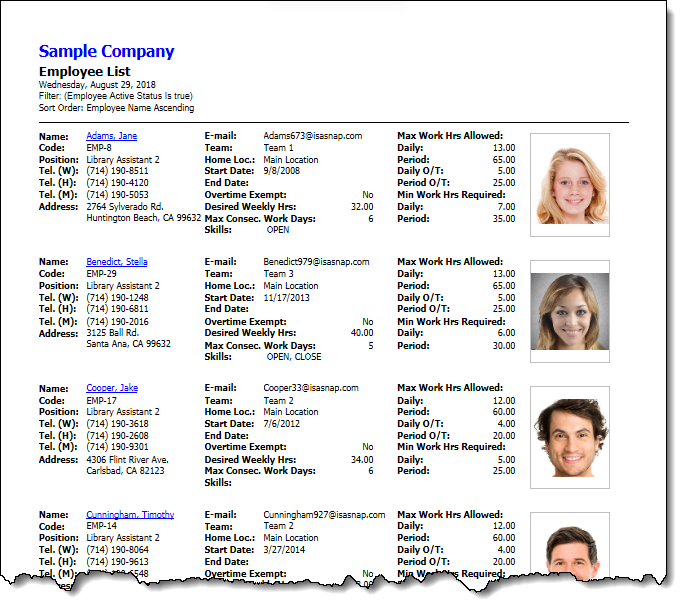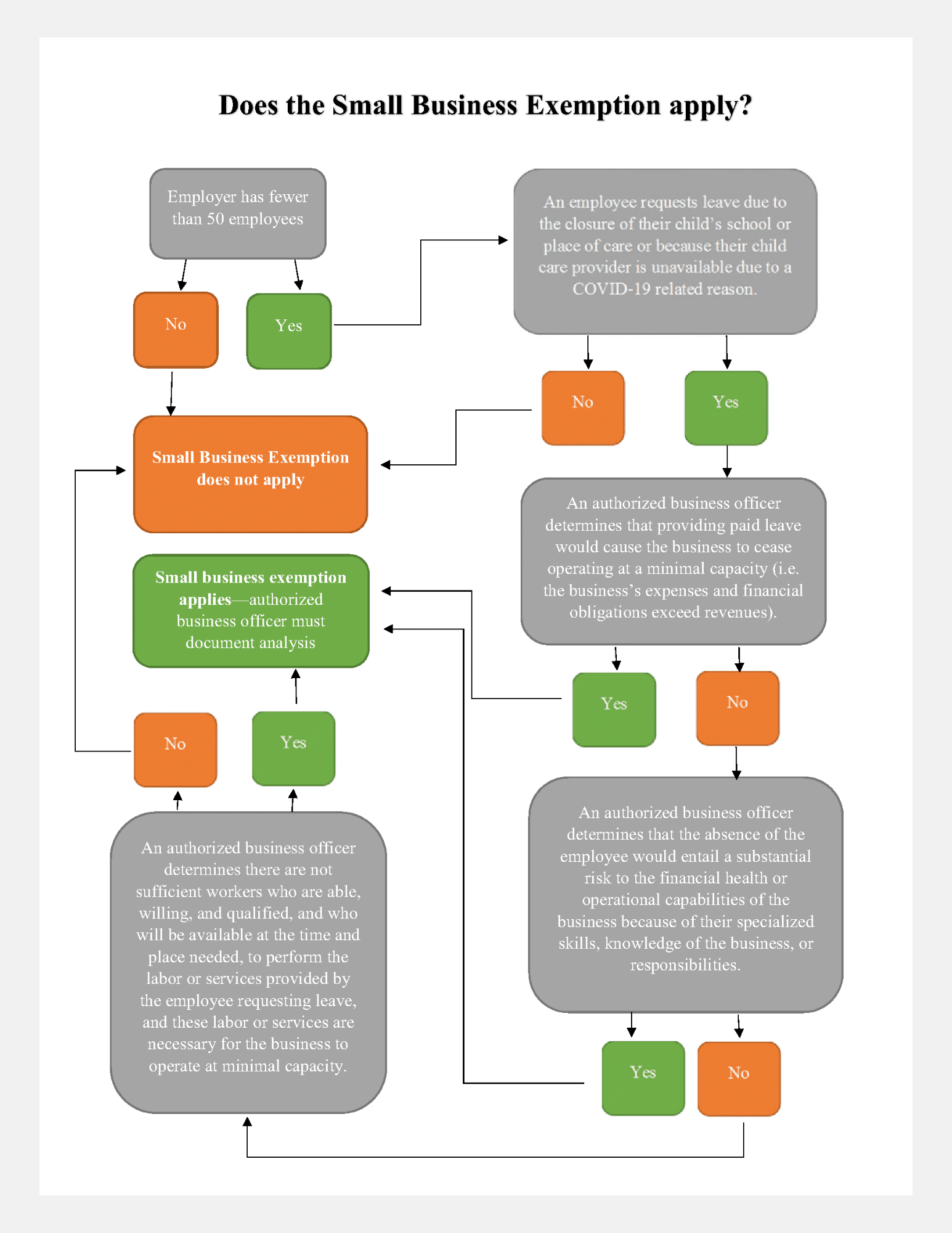Compliance Reminders for Employers with Remote Workers in California
Table of Content
The California government provides specific criteria that must be met in order to grant exempt status. Because of this, many salaried workers are not considered to be eligible. Non-exempt employees are also entitled to a paid 10-minute break for every 4 hours worked. In order to be considered an exempt employee in California, an employee will generally need to meet a strict duties test. For most exemptions, more than fifty percent of an employee's time must be spent performing exempt job duties. Employees who earn more than 1.5 times minimum wage and earn more than half of their pay through commissions are also exempt.

Your employer can request that you take a break at this time. Most employment contracts in the United States are at- will, meaning that both the employer and employee can end their relationship at any time. While every law is different, in many instances, intranet postings and/or email circulation of the notices will suffice to meet an employer's obligations. Employers should confirm the specific requirements for their applicable jurisdictions and determine a compliant manner to "post" or disseminate such notices. We've helped more than 5 million clients find the right lawyer – for free.
When You Can Sue Your Employer
The California Equal Pay Act prohibits employers from paying a lower salary to an employee of the other sex than to an employee of the same sex. Alternatively, many employees prefer to be in nonexempt positions, as they are paid for every hour they work. In general, such employees are only required to work the assigned number of hours. However, most nonexempt employees are held to stricter standards for casual time. An example of this would be how nonexempt employees tend to be monitored more closely regarding their breaks. When all three requirements are met, a California employee will be considered exempt from overtime pay requirements, as well as minimum wage and rest break requirements.

The new law also includes different provisions for several types of employees. For example, full-time employees can generally qualify for more paid sick leave than part-time employees. It is crucial for employees to fully understand how their employment arrangement qualifies for paid sick leave under this new law. Unfortunately, some employers mischaracterize employees to avoid the need to provide paid sick leave, avoid having to pay them appropriately, and withhold other benefits reserved for full-time employees. If you believe that your employer has violated applicable employment laws at the federal or state level, it’s vital to consult an experienced attorney as soon as possible. Many employers in every industry have been compelled to implement sweeping changes to their workplace policies, and this has unfortunately caused many employees to experience a wide range of challenges for the past two years.
What can I do if my employer misclassifies me?
Some types of jobs, however, are exempt from these requirements. An exempt employee is someone whose job is not subject to one or more sets of wage and hour laws. Employees who don’t work overtime or breaks are not eligible. The minimum wage must be doubled for exempt employees if they work more than 40 hours a week. An employer can require an employee to work more than 40 hours per week without overtime pay if they are an exempt employee.

Courts use a “duties test” to determine whether an employee is exempt. Reporting time pay does not apply when operations cannot commence or continue when recommended by civil authorities. This means that reporting time pay does apply under a state of emergency, unless the state of emergency includes a recommendation to cease operations. Paid sick leave can be used for absences due to illness, the diagnosis, care or treatment of an existing health condition or preventative care for the employee or the employee’s family member. Members may download one copy of our sample forms and templates for your personal use within your organization. Please note that all such forms and policies should be reviewed by your legal counsel for compliance with applicable law, and should be modified to suit your organization’s culture, industry, and practices.
Exempt vs. Non-Exempt Employees in California
However, exempt employees must stay and finish their work, regardless of how many hours it takes. Because the FLSA does not place limits on the amount of time that an employer is allowed to require an exempt employee to work, such employees are exempt from being paid overtime. This is because it is assumed that the employee is working independently, and as such has more discretion in the execution of their tasks. An example of this would be how if the employee is involved in hiring and firing duties, they will likely be classified as exempt.

Among these discussions, however, it is important not to overlook the potential legal pitfalls. In this article, we will explore some of the potential legal dangers that should be taken into account as employers implement long-term permanent remote and/or hybrid work arrangements. If you are an employer, an experienced employment attorney can help inform you of your rights and responsibilities as an employer. It is important that you properly classify your employees as either exempt or non-exempt; failure to make a proper classification could lead to legal consequences for you or your business organization.
Compliance Reminders for Employers with Remote Workers in California
Tracking time for employees who are not exempt from overtime becomes even more important for remote employees. California's wage orders define hours worked as "the time during which the employee is subject to control of the employer" regardless of whether work is being performed. Moreover, the wage orders require employers to track all time worked, specifically when the employee "begins and ends each work period" and all meal periods.

Labor Code 515.6 LC –Licensed physicians and surgeons; exemption from § 510 . And go to the California Industrial Welfare Commission wage orders page. His job title mostly consists of gathering and summarizing sports news stories from other sources. He does not have a degree in a related field, and he is not allowed to provide independent commentary on the stories he reports.
It may sound like a cliché, but when I began working with Theo it felt as though for the first time someone actually listened to me and believed me. He is extremely clear, honest and most importantly very deft at mediation. Theo never filled my head with false promises, and reiterated the reality of what the pros and cons of my case were. My case was resolved in mediation, and without Theo, there wasn’t a chance I would’ve been able to get that far. I wanted to take a minute to thank you and your staff for all you accomplished regarding my most difficult case.

Overtime required after 40 hours or more than six days in a workweek. In an emergency, employee may work over 40 hours or more than six days in a workweek and must be paid not less than one and one-half times employee's regular rate of pay for all such excess hours. Order 5 Resident managers of homes for the aged having less than eight beds No daily overtime. Overtime required after more than 40 hours or more than six days in a workweek. Order 5 Employees directly responsible for children under 18 receiving 24-hour residential care 1. Time and one-half for all hours in excess of 40 in a workweek.
The shift to remote work has also benefited many companies and industries that have found more efficient and profitable ways to perform work that was previously done in-person. As employers focus on integrating some degree of remote work into the overall culture of the company, it is important not to lose sight of the potential legal pitfalls that can trap an unsuspecting employer. The same documentation consideration is also true of any harassment, discrimination, or other complaints or investigations that occur with remote employees.

The law requires a specific hourly, monthly or yearly salary which is set by the state of California each year. Unavailability of Work- Do not make deductions when work is unavailable because of the operational requirements of the business, provided exempt employees are ready, willing and able to work. Thus, if July 4 falls on a Tuesday and you shut down the business for the balance of the week, any exempt employee who worked on Monday of that week is entitled to a full week's pay. While paid sick leave can be beneficial to employees who only need a few days off for covered reasons, all employees in California have the right to take unpaid leave when medical emergencies arise.
If, however, the exempt employee does not do any work in the week, the employee’s weekly salary may be reduced. Deductions from salary for absences of less than a full day for personal reasons or for sickness are not permitted. If an exempt employee works any portion of a day, there can be no deduction from salary for a partial day absence for personal or medical reasons.
As 2022 begins, all employees must understand their rights and how the most recent employment laws affect their employment. Double the employee's regular rate of pay for work in excess of 12 hours per day and any work in excess of eight on those days worked beyond the regularly scheduled number of workdays established by the agreement. The magazine requires people in Tessa’s position to sell at least 100 ads per year.
Comments
Post a Comment